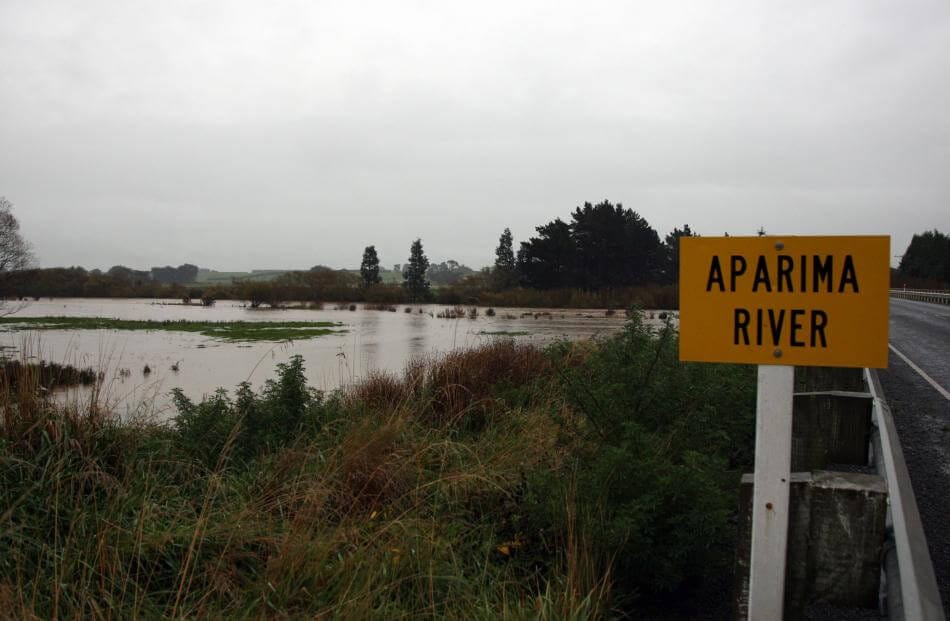Environment Southland’s latest check for toxic algae at the Aparima River at Thornbury has detected elevated levels of potentially toxic cyanobacteria.
Also known as benthic cyanobacteria, which forms in lakes and streams, these algae produce toxins that can be harmful to people and animals if swallowed, or through contact with skin. People and animals (in particular, dogs), should avoid contact with the Aparima river, and be mindful of the potential health risks, until health warnings are removed. If you experience health symptoms after contact with contaminated water, visit a doctor immediately. Animals that consume toxic algae or contaminated water should be taken to a vet immediately.
Environment Southland’s freshwater & marine science leader Nick Ward said that toxic algae occur naturally but can increase rapidly during warmer periods of the year. “Several factors can contribute to their growth, such as high levels of nutrients or run-off in waterways, a sudden increase in temperature, and low flows. The long-term forecast for 2017/2018 is for a long, hot summer, meaning a high likelihood of more toxic algae blooms in Southland waters.”
Environment Southland monitors toxic algae monthly at a number of river and lake sites across Southland, and the public will be advised of any significant changes in water quality.
For further information please visit www.es.govt.nz/toxic-algae.

